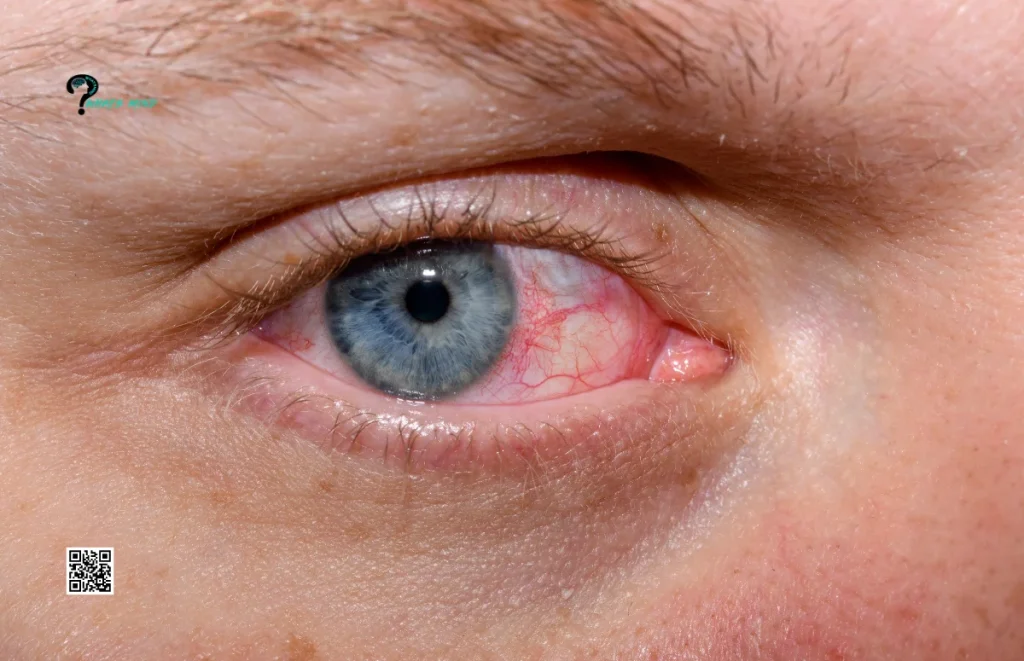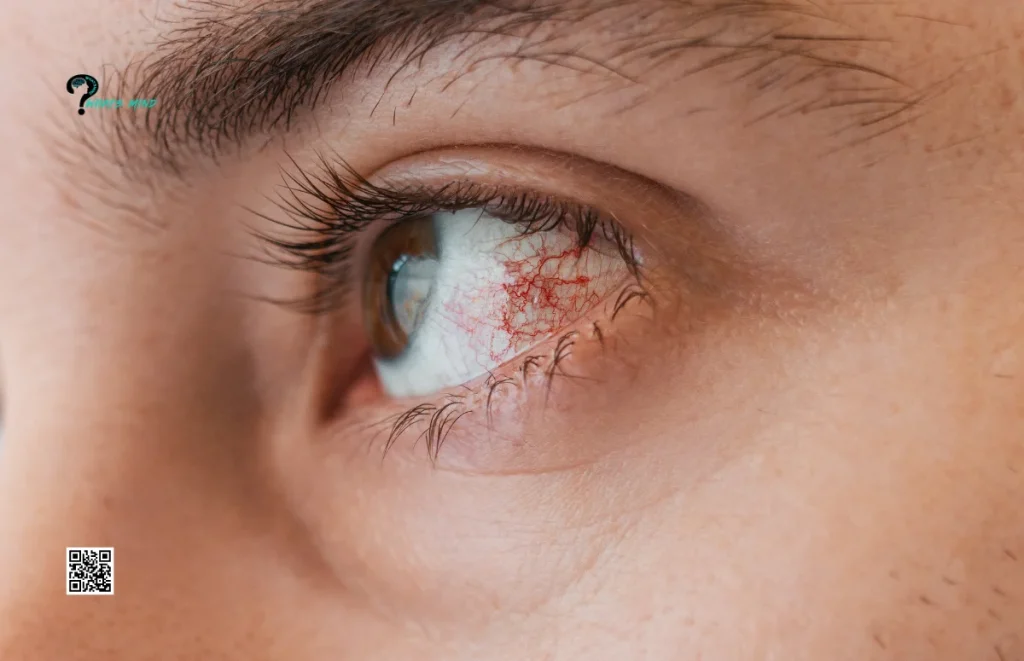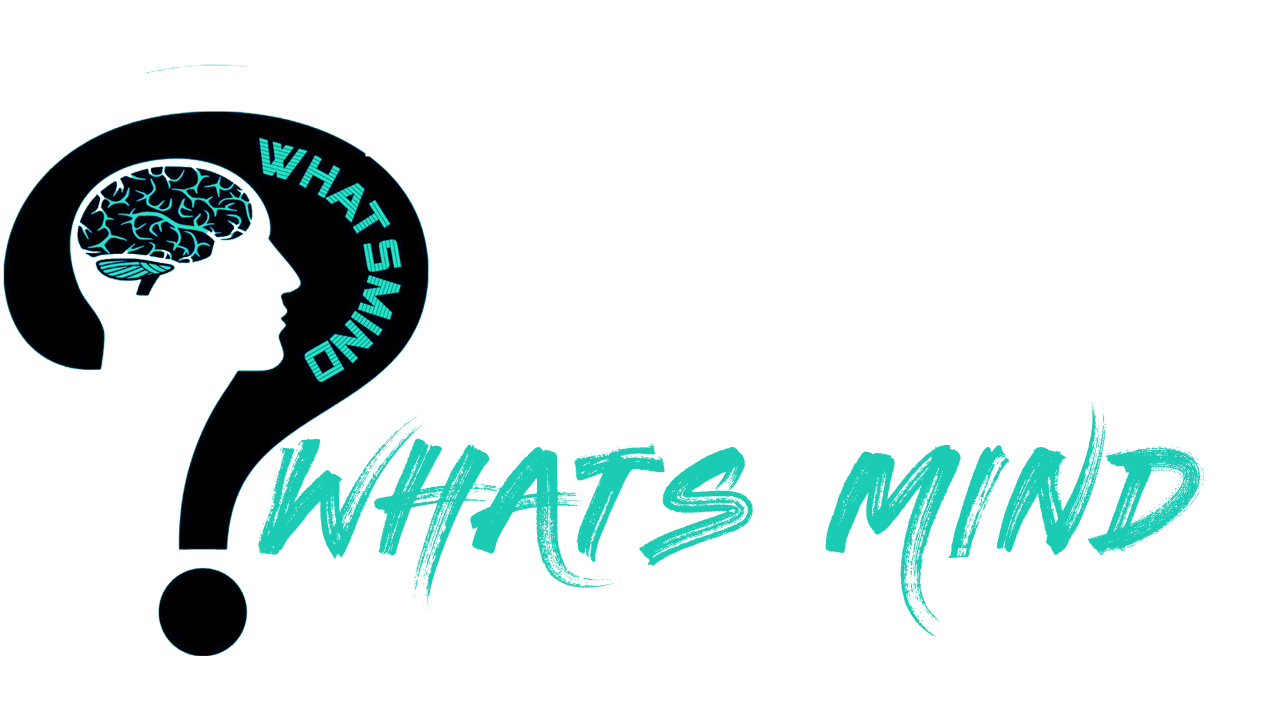What Is Commonly Misdiagnosed As Pink Eye? Conjunctivitis, Myths, Preventive Measures & Doctor’s Consultation

What is commonly misdiagnosed as pink eye infection and should be alarming? Well, a pink eye infection caused quite a havoc recently when almost every third person was infected but the hype stirred some misconceptions as well.
People start confusing typical eye irritations and itching with conjunctivitis which causes redness in the eyes.
These conjunctivitis-like symptoms include Blepharitis, keratitis dry eye syndrome, or many others.
If the misdiagnosis of pink eye infections persists and these similar conditions aren’t treated timely, it leads to delayance in the treatment.
You must take an immediate scan to properly diagnose your medical condition and get yourself treated on time.
In this guide, we will delve deeper into what is commonly misdiagnosed as pink eye infection, conjunctivitis introduction, myths associated with it, preventive measures, and consulting with Ophthalmologist.
Table of Contents
What Is Commonly Misdiagnosed As Pink Eye, But Isn’t?
Several conditions are commonly mistaken as pink eye infections. You must be careful and consult with a doctor in case of any severe symptoms to get treated timely.
Contact Lens Infections
What is commonly misdiagnosed as pink eye infection when in reality it’s nothing?
People who don’t handle contact lenses properly usually get red eyes and they get scared that they have developed conjunctivitis.
Why does it happen? It’s usually due to unhygienic practices. You may not have washed your hands before if you are wearing dirty contact lenses and pathogens are transferred to the sensitive eyes.
You may get a bacterial infection and an antibiotic is needed for treatment.
Dry Eye Syndrome
If you have excessive screen time, then no wonder you may be suffering from dry eyes, although numerous other scenarios are contributing to dry eyes.
Dry eyes occur due to poor tear quality and inadequate tear production through glands. It sometimes occurs due to no lubrication, irritation, discomfort, and redness.
You may take artificial tear drops or any prescribed tk you get some relief and treat this syndrome.
Corneal Abrasion
What is commonly misdiagnosed as pink eye infection but is just the traumatized eyes? It’s the corneal abrasion that causes redness, discharge, and throbbing due to scratched cornea.
Wondering how to treat it? Contact your doctor and he will suggest you use steroid eye drops and antibiotics.
Episcleritis
Is Episcleritis commonly misdiagnosed as pink eye infection? Well, it might be as if the apparent symptoms are similar. It’s the inflammation of the episclera (i.e., a thin layer between the white of the eye and the conjunctiva).

Episcleritis symptoms include redness exactly like conjunctivitis and eye discomfort. You can treat this inflammation by lubricating with eye drops and topical steroids.
Dacryocystitis
Another thing misdiagnosed as pink eye infection is Dacryocystitis in which lacrimal glands become inflamed and blocked, and tears don’t get the way to drain adequately which leads to swelling around the inner corner.
The swelling occurring due to bacterial infection causes pain, redness, tears, and excessive discharge. It can be treated using antibiotics or any medication prescribed by your doctor.
Foreign Substances
What is commonly misdiagnosed as pink eye infection but in reality just a foreign particle in the eye. Any foreign object either dirt, a toxic chemical, or metal shaving goes into the eyes and stays there.
In response to such intrusion, the eye becomes swollen and produces excessive tearing. You can continuously rinse your eye with clear water to flush out particles and take any antibiotic.
Pterygium
It’s not always pink eye infection but an anomaly of issue in the inner corner. It looks like a red, pink, or white lesion, and in the worst cases, it grows out and extends around the cornea. In typical cases, you may feel gritty, or irritation and redness.
It leads to swelling and sometimes your vision gets affected. Your doctor may recommend you some steroid drops, or lubricants for soothing eyes. But again, some situations may demand surgery.
Blepharitis
The edgy corners of the eyelids swell due to clogged oil glands at the base of eyelashes and cause gritty, irritated eyelids.
You may feel like a crusty layer has formed along the lids. Although it can be treated with antibiotics and some steroid drops but prescription from the doctor is a must.
Keratitis
In this case, the cornea gets inflamed and irritated causing cornea cancer. So, if you are wondering what is commonly misdiagnosed as pink eye infection, then it’s keratitis. The ulcer causes watery eyes, redness, or oyster starts coming out.
When it’s due to viral, bacterial, or fungal infection you must take antibiotics for the cure or the teardrops.

You may be confused with Conjunctivitis in case of eye strain as well, so be alert and consult with a doctor immediately.
What Is Pink Eye Infection/Conjunctivitis?
Before we dig deeper into what is commonly misdiagnosed as pink eye infection, we need to know what pink eye infection is.
It’s the inflammation of conjunctiva where the blood vessels become irritated and extremely swollen that the whiteness of the eyes turns either red or pink.
Although it doesn’t influence your vision, but can lead to these problematic situations, including:
- Clear watery discharge from eyes
- Extreme irritation and burning sensation
- Swollen eyelids
- Discomfort while putting contact lenses
- Tearing
- Pus comes out
- Crustiness over eyelashes
Conjunctivitis has three types which vary due to root cause:
- Bacterial Conjunctivitis
- Viral Conjunctivitis
- Allergic Conjunctivitis
Myths Associated With Pink Eye Infection
What is commonly misdiagnosed as pink eye infection leads to numerous myths. Here I have addressed some of which you need to be aware of to not mess up your health any further.
You will always catch Conjunctivitis!
It’s one of the most common myths you will come across, so no pink eye infection is contagious. It doesn’t transfer from person to person but exposure from allergens.
Conjunctivitis spreads through the air!
It’s either a bacterial or viral infection and occurs through direct contact with either an affected person or staff. It isn’t in the air, so don’t worry.
Conjunctivitis causes eyes to turn pink!
Not in all cases, eyes turn pink or red. If it’s mild, eyes will remain neutral colored.
How To Prevent Pink Eye Infection?
What is commonly misdiagnosed as pink eye infection usually falls into irritation, swelling irritation inflammation either due to infections or foreign particles.
However, the symptom relief or aversion techniques are similar for all.
- You must practise these smart tips to prevent conjunctivitis and ailments similar to that along with hell lot of discomfort accompanying them.
- You must keenly practice hygiene, like washing hands frequently, and don’t share your stuff with anyone. Change your bedding and pillowcases frequently to avoid getting infected.
- You shouldn’t rub your eyes to avoid getting infected.
- If you are working with harmful chemicals you must wear protective gear which mainly includes safety glasses.
- Don’t forget to wear swim goggles while swimming as there might be more chlorine than is considered safe inside the pool.

But what to do, if you still catch pink eye infection, don’t let it worry you as you can still handle it efficiently.
- You can cure it at home by using homemade remedies like putting a cold compress over the affected eyes.
- You should use artificial tear drops so that adequate tear production can be guaranteed. Taking hours of rest will help to heal this infection quickly.
- If the symptoms persist, consult with the doctor he will suggest medication to get instant relief.
When You Should Contact An Ophthalmologist?
There could be minor irritations which will be the answer to the most doughty after question these days, what is commonly misdiagnosed as pink eye infection.
Although these irritations and itching heal on their own sometimes you require proper action to treat them for good.
The possible red flags in this infection or the symptoms like infection are not just pain but others can be dangerous if left untreated.
If the discomfort or redness time exceeds 1-2 days and not receding you must consult with your doctor immediately.
If you get intense throbbing pain, you should first take a scan of your eyes. If you feel nausea or headaches and fever then it’s surely a matter of concern.
Slight blurry vision is common as your eyes are infected but if it’s extreme changes in vision then it’s not done thing to be taken lightly. If kept unchecked it will cause permanent loss of vision.
Bottom-line
In conclusion, we just can’t deny how important eye health is, therefore we just can’t be negligent about the pink eye infection or the possible symptoms like that ruining our vision.
Pink eye infection is different than others like keratitis, Blepharitis, dry eyes syndrome, corneal abrasion, or intrusion of foreign particles into the eyes.
You must take protective measures like putting a cold compress over your eyes or putting tear drops to protect you immensely but still, if these symptoms remain more than 2 days, then it’s alarming. Contact your ophthalmologist immediately to keep your vision safe.
Give it a thorough read to know all about what you need to know to keep your eye health safe and avoid relying on baseless myths
FAQs on What Is Commonly Misdiagnosed As Pink Eye
How do you tell if it’s pink eye or something else?
You just look for symptoms like the cornea is swollen, there is excessive tear production and you feel like something is in the eyes and you badly want to rub.
What virus mimics pink eye?
It’s adenovirus, it has similar symptoms as pink eye. Although it affects the respiratory tract and causes common cold or pneumonia.
You may like to read about the following:
- How Much CRP Level Is Dangerous? CRP Description, Measuring Tests, Monitoring, Medical Conditions & Prevention
- How will a Solar Panel for the Human Eye Impact on the Lives of People
- What is Propranolol For Anxiety? Understanding, How Does It Function, Consumption Pattern, Usage, Side Effects, Treatments
For more information, visit Whatsmind.com




